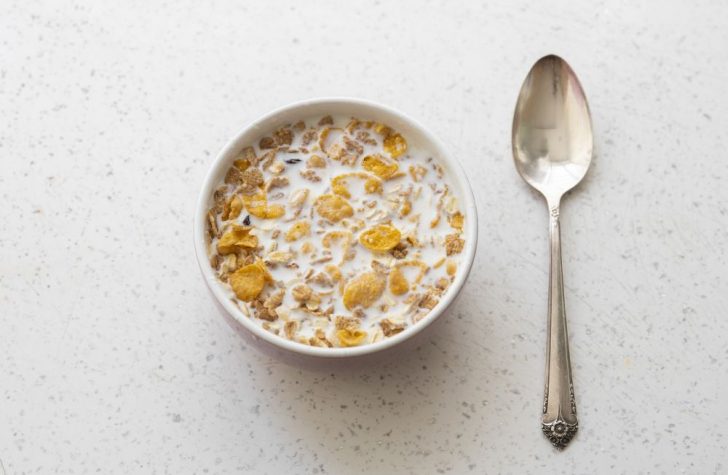Broccoli Protein: A Comprehensive Guide for Health Enthusiasts

Introduction:
Broccoli protein has gained immense popularity in recent years due to its numerous health benefits. This article aims to provide an in-depth understanding of broccoli protein, its significance, and why it has become a favorite among health-conscious individuals. Whether you are a regular fitness enthusiast or someone looking for a plant-based protein alternative, this guide will equip you with the knowledge you need.
The Evolution of Broccoli Protein:

Broccoli has been cultivated for centuries and is believed to have originated in Italy. However, it was only in the late 1920s that broccoli gained recognition in the United States. Initially, it was consumed primarily for its vitamins and minerals. Over time, researchers discovered the impressive protein content in broccoli, leading to the development of various protein-rich products.
Why Broccoli Protein?
Broccoli is a member of the cruciferous vegetable family, known for its high nutrient density. It contains a wide range of essential vitamins, minerals, and antioxidants. However, its protein content is what sets it apart from other vegetables. Broccoli contains approximately 2.8 grams of protein per 100 grams, making it an excellent source of plant-based protein.
Benefits of Broccoli Protein:
1. High protein content: Broccoli is an excellent source of protein, making it an ideal choice for vegetarian and vegan diets. It provides the necessary amino acids needed for muscle repair and growth.
2. Nutrient-dense: Broccoli is packed with essential vitamins and minerals, including vitamin C, vitamin K, calcium, potassium, and folate. The combination of these nutrients makes it a powerhouse of goodness for overall health.
3. Antioxidant properties: Broccoli contains various antioxidants, such as glucoraphanin, which supports the body’s defense against harmful free radicals. These antioxidants have been linked to a reduced risk of chronic diseases, including heart disease and certain types of cancer.
4. Digestive healt The high fiber content in broccoli aids digestion and promotes a healthy gut. It helps prevent constipation, promotes regular bowel movements, and supports a healthy microbiome.
5. Weight management: Broccoli protein is low in calories and high in fiber, making it an excellent choice for weight management. It keeps you feeling full for longer, reducing the likelihood of overeating.
How to Incorporate Broccoli Protein into Your Diet:
1. Steamed broccoli: Steaming broccoli helps retain its nutrients while keeping it tender. Steam it lightly and enjoy it as a side dish or add it to salads for an extra protein boost.
2. Broccoli protein powder: Available in health stores, broccoli protein powder is a convenient way to add protein to smoothies, shakes, and baked goods.
3. Roasted broccoli: Roasting broccoli enhances its flavor and texture. Toss it in olive oil, sprinkle with your favorite spices, and roast it in the oven until crispy. Enjoy it as a healthy snack or a side dish.
Conclusion:
Broccoli protein is a nutritional powerhouse that offers numerous health benefits. Its evolution over time has made it a popular choice among health enthusiasts and individuals seeking plant-based protein alternatives. Incorporating broccoli protein into your diet can contribute to overall well-being, providing necessary nutrients and supporting various bodily functions. So, embrace the versatility of broccoli protein and enjoy its goodness for a healthier you.

















